Supreme Court Questions Centre on Delays in Judicial Appointments
- ByAdmin --
- 03 Mar 2025 --
- 0 Comments
In a strongly worded observation, the Supreme Court has pulled up the Union Government for persistent delays in processing judicial appointments recommended by the Collegium. The bench, led by Justice Sanjay Kishore, warned that such delays threaten the very foundation of judicial independence and paralyze the functioning of courts across the country.
Background
Under India’s Collegium System, the Supreme Court recommends names for judicial appointments, which the government is expected to clear within a reasonable timeframe. However, multiple High Courts have been operating at severely reduced strength, as government clearance for recommended names remains stuck in bureaucratic limbo.
Key Observations
Justice Sanjay Kishore made the following crucial points:
- Judicial backlog crisis: Delays in appointments directly contribute to increasing case pendency, denying justice to millions.
- Separation of powers: Judicial appointments should not be held hostage to executive whims, as this undermines constitutional balance.
- Undermining public trust: Prolonged vacancies create the impression of institutional decay, eroding public confidence in the judiciary.
Government’s Response
The Centre cited "security clearance" processes and consultations with intelligence agencies as reasons for delays, but the Court found these explanations unconvincing. It emphasized that such clearances should ideally happen simultaneously with Collegium deliberations, not afterward.
Impact and Way Forward
This sharp rebuke could accelerate pending appointments and trigger reforms to make the Collegium-Government interaction more transparent and time-bound. Legal experts view this as a much-needed assertion of judicial independence, crucial for upholding the Constitution’s basic structure.
Conclusion
The Supreme Court’s questioning of the Centre’s delays underscores the urgent need for systemic reforms to streamline judicial appointments. Justice Kishore’s observations have revived the debate on judicial independence, ensuring that the judiciary can discharge its duties without executive interference.

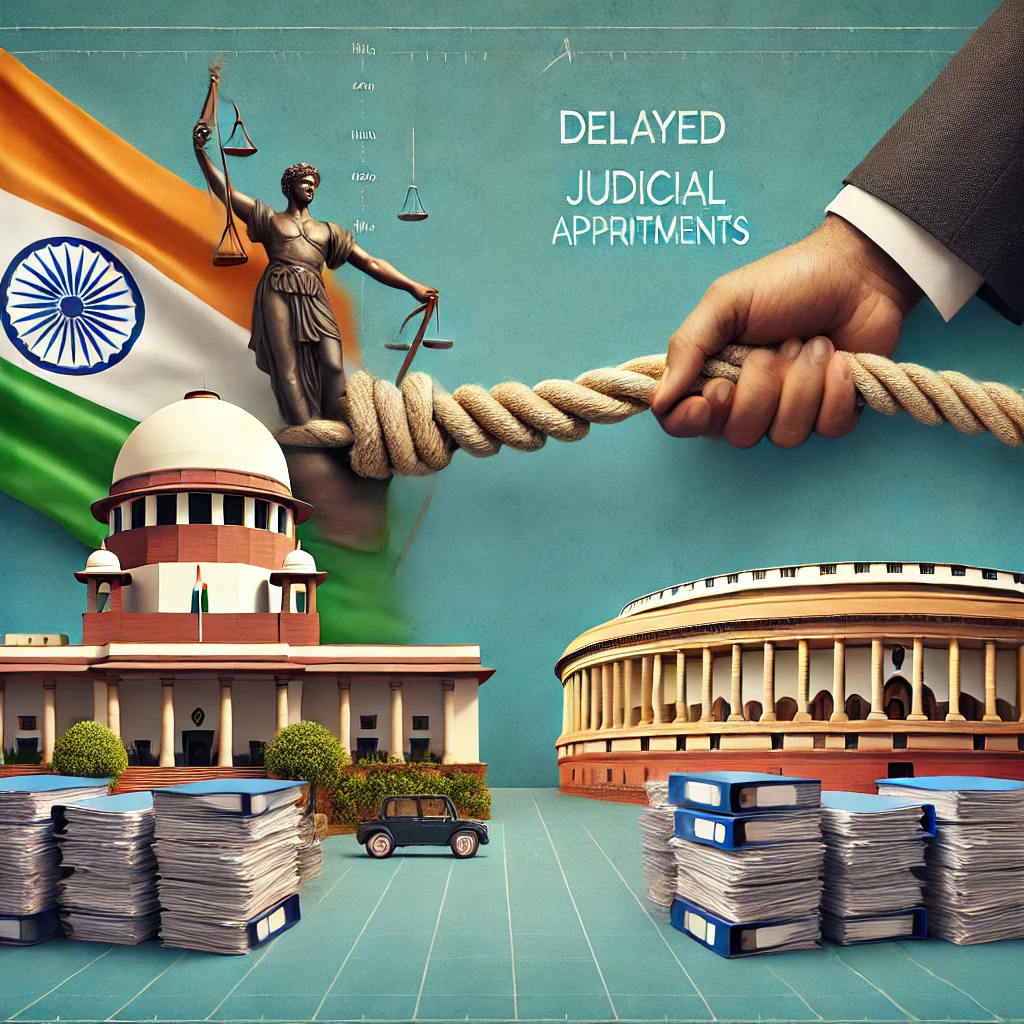


















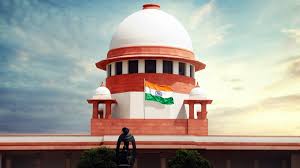


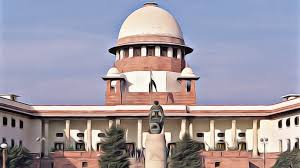

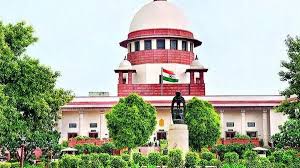









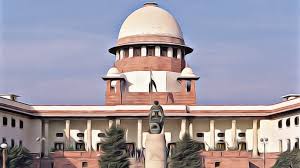




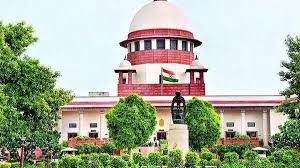



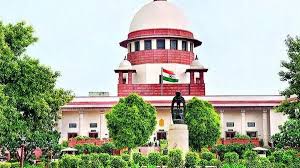
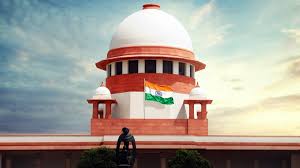



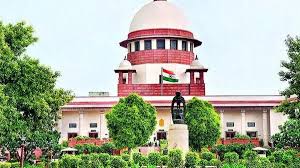




















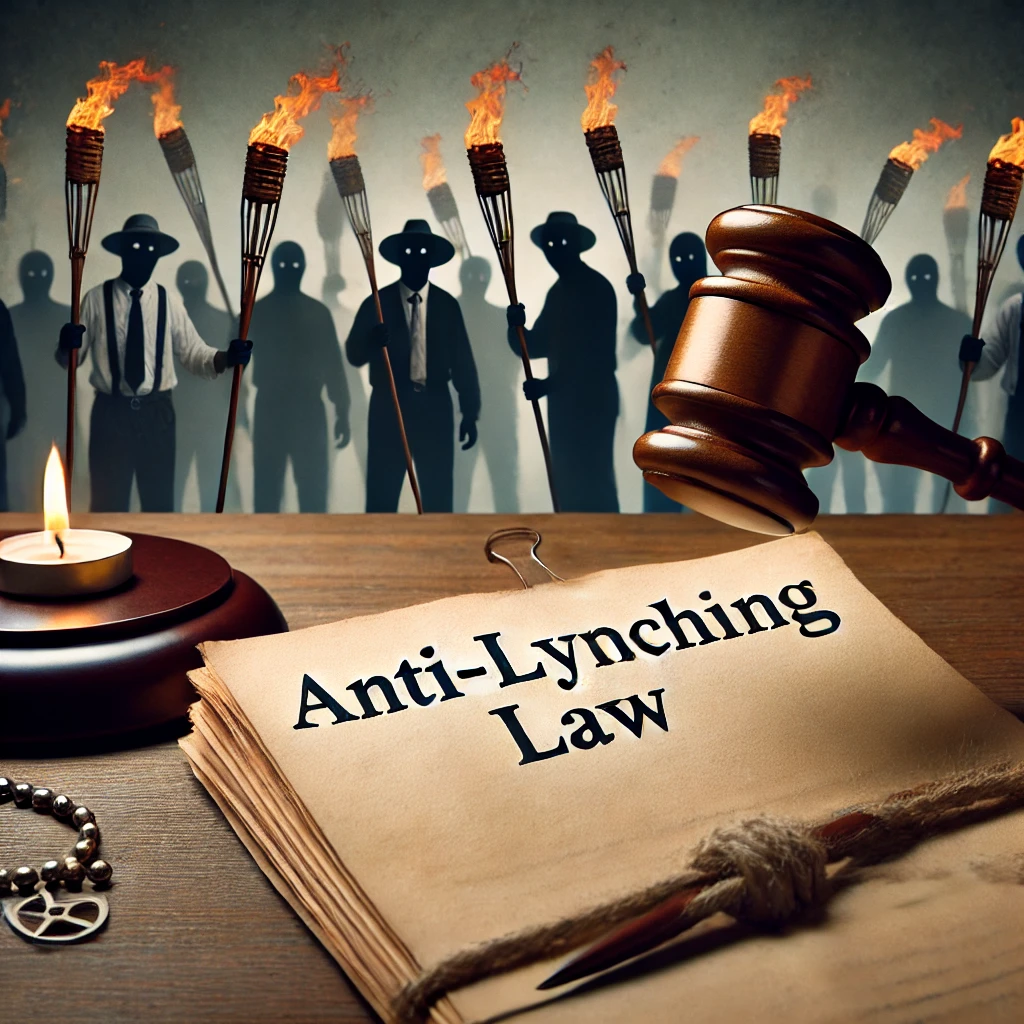
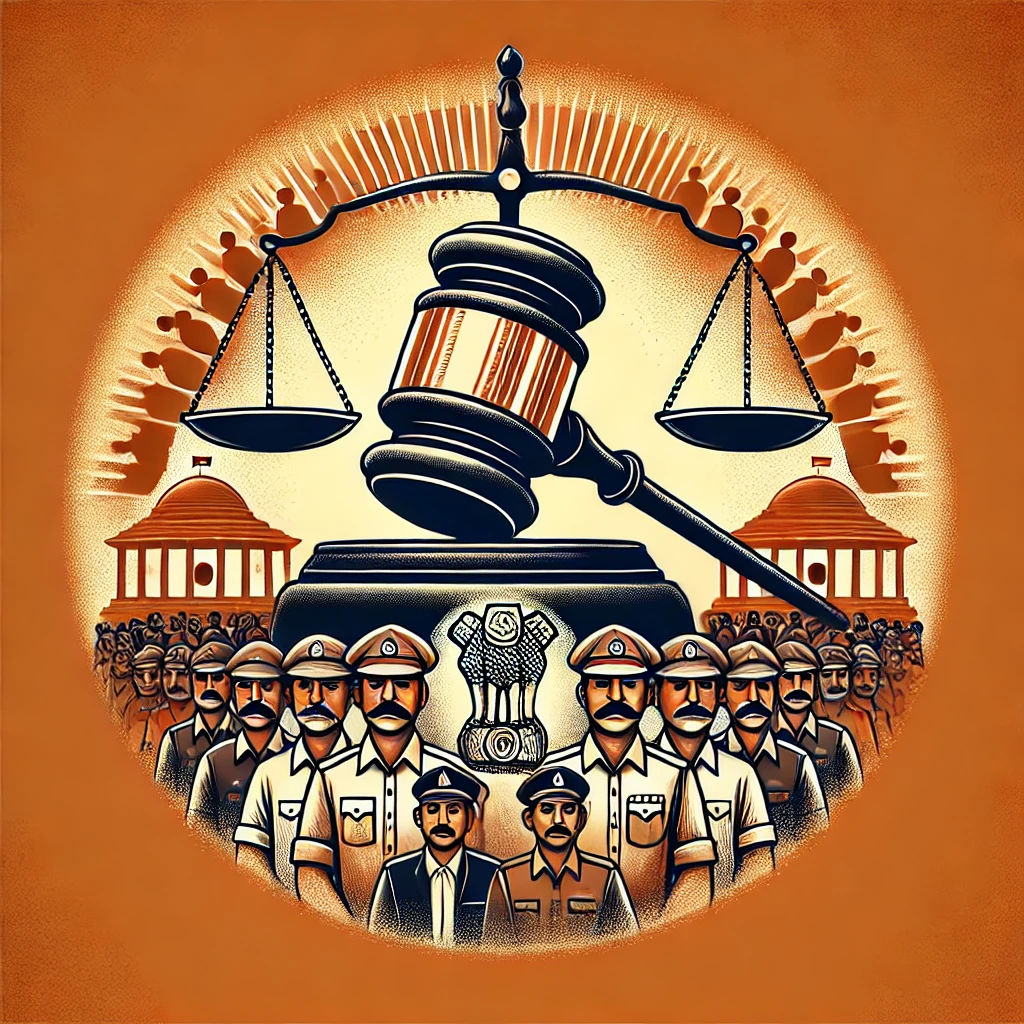

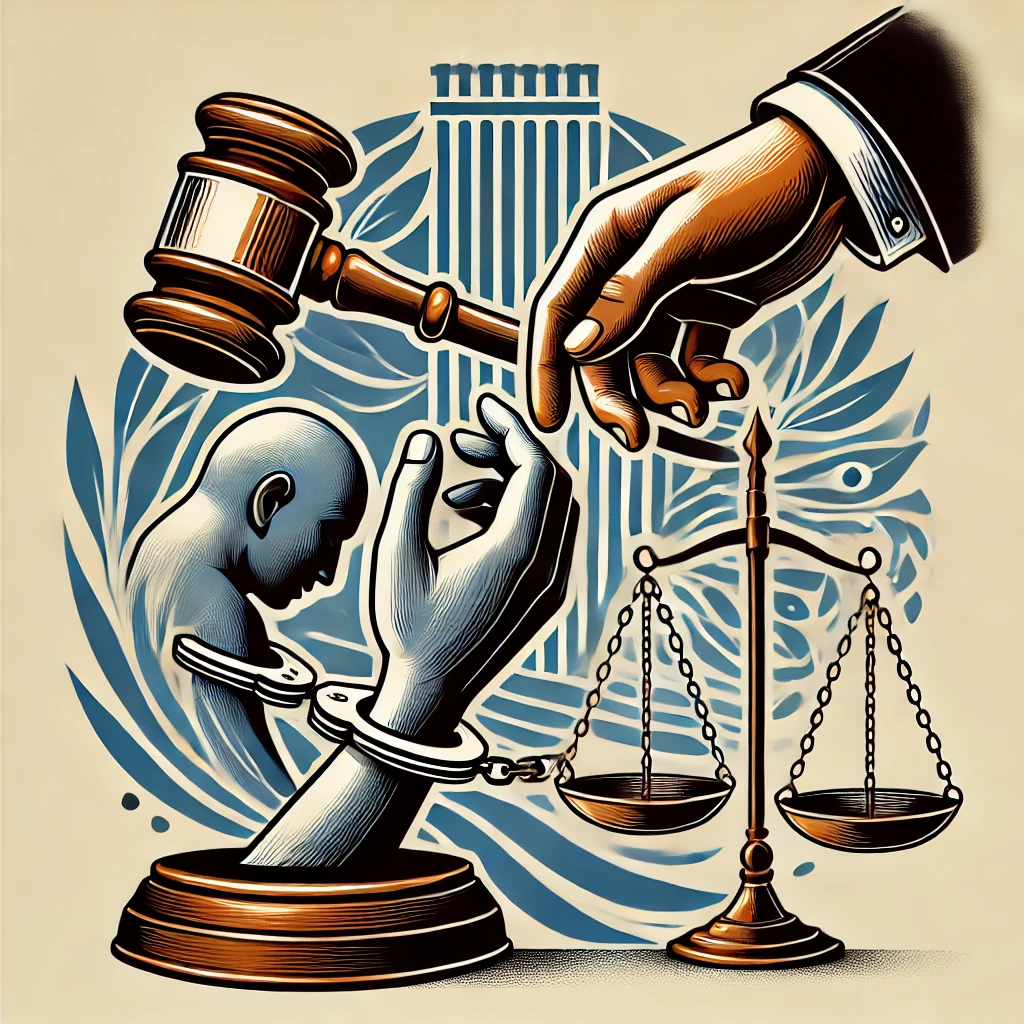










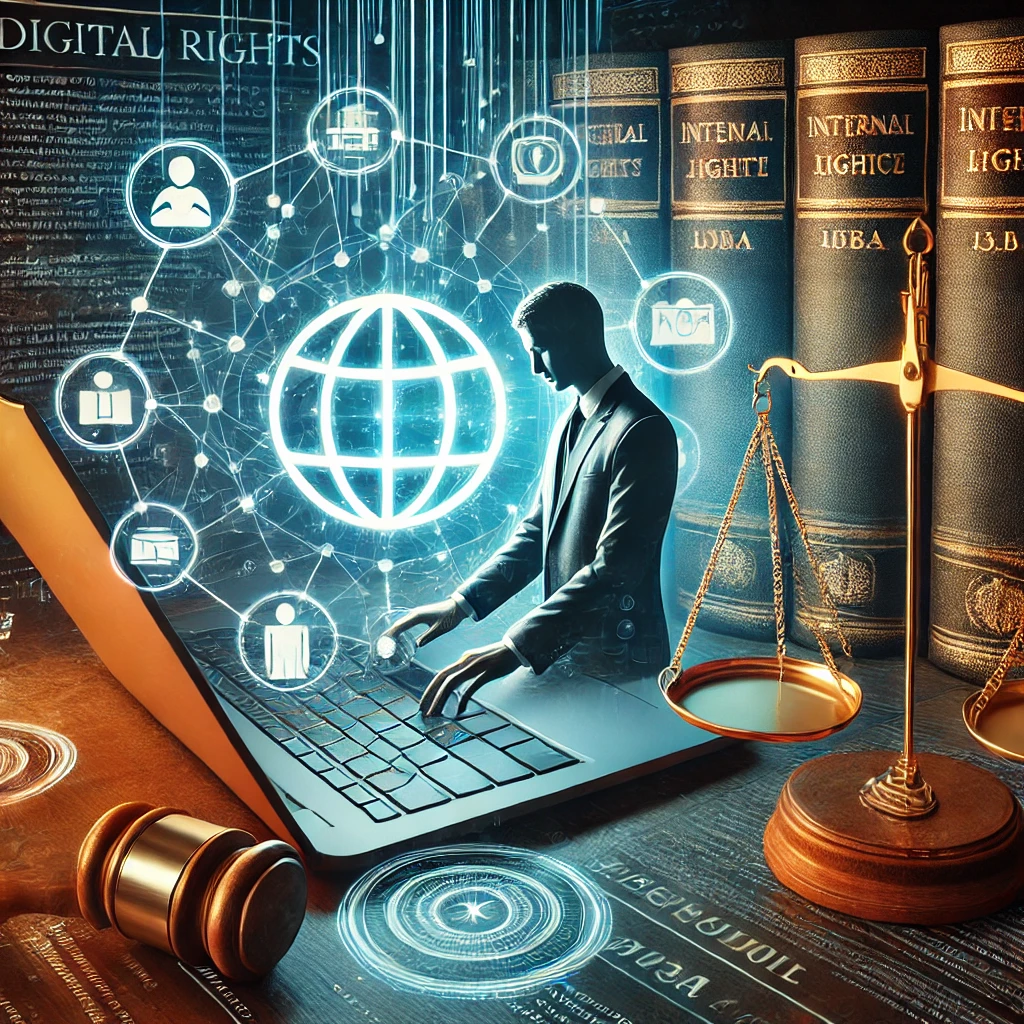




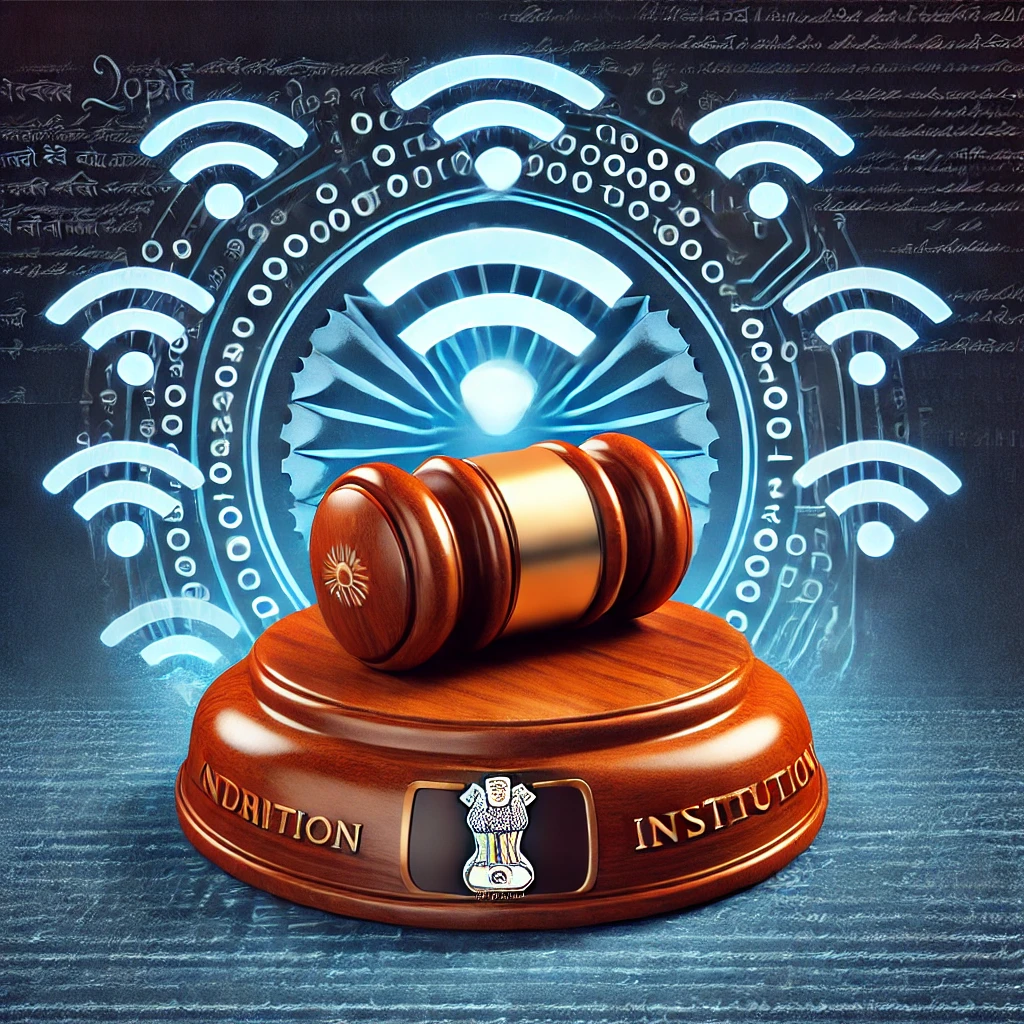






































































































































































































































































































































0 comments